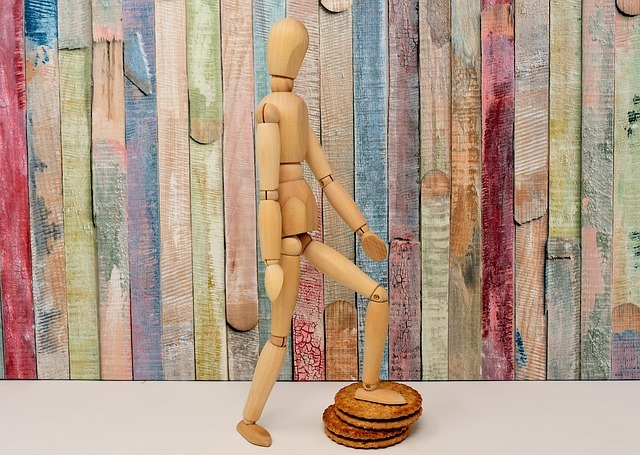Is a crick in your neck generating radiating pain, tingling, and frequent numbness in your body? You may have a pinched nerve. Oftentimes more painful than a simple muscle strain, a pinched nerve can go so far as to limit physical functioning and disrupt normal daily living. Don’t miss this quick guide to pinched nerves:
How Does a Nerve Get Pinched?
Essentially, when the tissues surrounding a nerve (like muscles, tendons, cartilage, and bones) put too much pressure on a nerve, it can alter the nerve’s normal functioning. Instead of seamlessly transmitting signals back and forth between the body, brain, and nervous system, the nerve generates symptoms of pain, the feeling of pins and needles, numbness, and weakness.
There are many areas of the body in which a nerve can become pinched including:
-
In the wrist – the median nerve can become pinched by the carpal tunnel resulting in carpal tunnel syndrome
-
In the back – a herniated disk that bulges out of its spinal casing can pinch nerve roots coming off the spine and result in radiating pain
-
In the neck – a pinched nerve in the cervical spine that results in pain and other symptoms in the neck, shoulder, and arm is called cervical radiculopathy
-
In the leg – sciatica is the name given to a condition where a pinched sciatic nerve, which runs from the base of the spine down the back of the legs, generates pain, tingling, and weakness
What Are The Risk Factors For a Pinched Nerve?
Over time, many people will experience general age-related degeneration of the vertebrae in the spine. As the intervertebral disks lose water, stiffen, and shrink, the spine partially collapses and loses height between vertebrae. To compensate for this, the body often produces bone spurs in and around the disks. This reinforces them to prevent further damage but can also narrow the openings through which nerve roots run, increasing the pressure and compressing them.
In addition to age and bone spurs, risks factors for developing a pinched nerve include:
Sex – anatomical differences in the carpal tunnel, for example, make women more predisposed to a pinched nerve in the wrist than men (carpal tunnels in women are generally narrower)
Rheumatoid arthritis – joint inflammation and associated stiffness can put arthritis sufferers at higher risk for pinched nerves in and around the joints
Diabetes – elevated levels of sugar in the blood over time is believed to contribute to general nerve damage (neuropathy) and nerve compression in patients with diabetes
Obesity – people who carry around excess weight may be more susceptible to added pressure on their nerves
Pregnancy – common factors associated with pregnancy including weight gain and water retention can cause nerve pathways to swell and pinch nerves
Overuse – jobs and hobbies which require repeated motions of the body in places like the hands, wrist, and shoulder, can strain and inflame tissues which in turn pinch nerves
Treating a Pinched Nerve
While most pinched nerves resolve themselves in a matter of a few days or weeks, the pain, tingling, weakness, and numbness they cause can still make it hard to go about your normal daily schedule. Simple at-home treatment options include:
Rest and immobilization – avoiding the use of the affected area can help relax tense tissues that are compressing the nerve. A doctor may also recommend immobilizing certain body parts; for example, you can wear a cervical neck brace that promotes good posture and prevents you from straining your neck, or a carpal tunnel brace that limits the movement of an injured wrist.
Medication – over-the-counter NSAIDs can help address inflammation and pain associated with a pinched nerve. More rarely, a doctor may prescribe stronger limited-use painkillers (narcotics) or even muscle relaxers if a muscle spasm is causing the pinched nerve.
Steroid injections – corticosteroids injected directly into inflamed joint tissues which are contributing to nerve compression can help relieve swelling and bolster the effects of oral medication.
Physical therapy – a trained professional can help you learn the best techniques for stretching and strengthening certain soft tissues to relieve a pinched nerve as well as educate you on modifying certain activities which aggravate your nerve pathways.
Surgery – for pinched nerves that are not relieved by conservative measures and which present symptoms longer than a few months, surgical intervention may be required to take pressure off the nerves.
I’m a 20-something stay-at-home mother and wife. I have an amazing husband, a beautiful daughter, two loving dogs, and a lazy cat. I wouldn’t change my life for anything! I love to read, listen to music, cook and blog!

Speak Your Mind